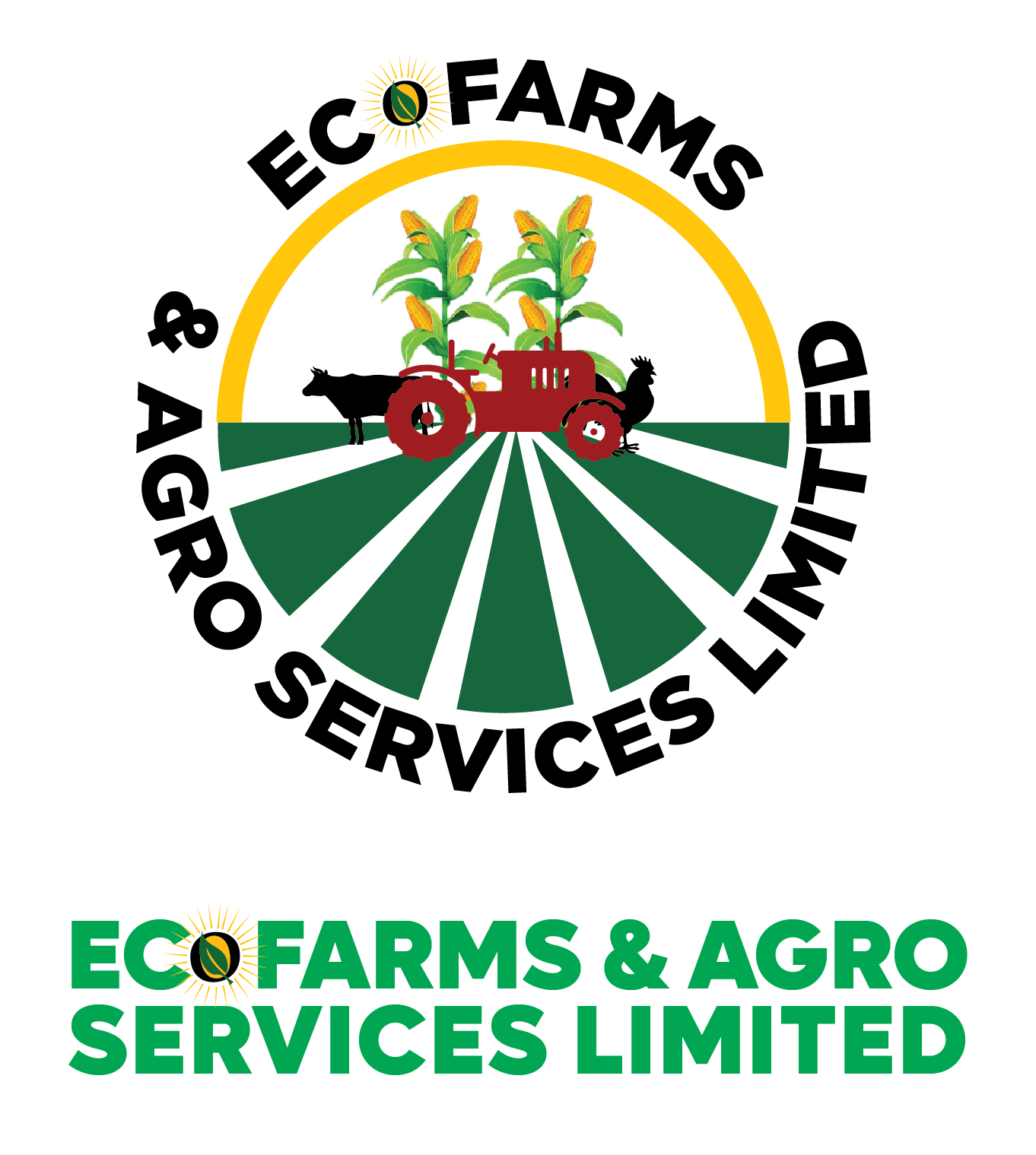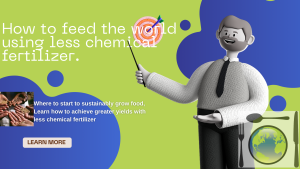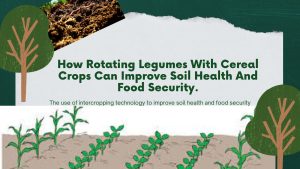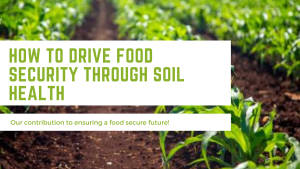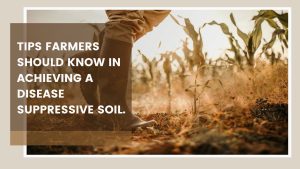Tissue culture cultivars are essential for a successful and sustainable plantation practice. It represents a pool of resources that can make or mare a farm outing. It encapsulates the resources farmers network with to develop themselves if such resources are defective, such defects spreads easily among farmers, if they are effective same goes. With a growing threat of a global food security challenge, it is important that farmers have the right planting materials.
Planting materials are of two types: The Conventional or traditional material (this includes suckers, bits, stems, rhizomes, and corm) and Tissue culture plantlets. The traditional material is synonymous with traditional farmers and are passed from generation to generation. Tissue culture plants are exclusively from the laboratory free of all forms of disease. They are selected choice qualities for commercial farm estate development.
Traditional planting material
This are sourced mainly from the Asexually reproduced buds from parent stock. They include of shoots stems, runners and offcuts which are then used repeatedly by farmers to expand farming operation, shared or sold to other farmers this practice contributes largely to the spread of disease and pest among farmers. Crops with such risk factors includes Plantain, Banana, Sugarcane, Pineapple, Potatoes and Cassava. This pool of crops represents a major staple in Africa. It is pertinent that farmers understand such challenges, how to mitigate them using limited resources and good agricultural practices to improve overall outputs and ultimately food security. [efn_note] Vezin, A. (2020, July 22). Planting material. https://www.promusa.org/Planting+material#:~:text=Planting%20material%20refers%20to%20the,material%20and%20tissue-culture%20plantlets [/efn_note]
Tissue culture
Tissue culture is a method of producing copies of a plant from its parent source in a sterile environment. the science is achieved by excision of epical meristems, which are cleaned and induced to multiply as well as root in a specially formulated growth medium. These plants are then taking through preparation process that hardens them for the field.
Tissue culture procedures ensure that plantlets are properly indexed for disease presence such as viruses, fungal and bacterial infections. Any plant material found infected is discarded and only healthy disease-free plants are multiplied.
Merits of using cultivars
Tissue culture plantlets when compared with traditionally generated plantlets offer more yields about 30-50%. Furthermore, they are true to clone and have a uniform growth, flowering and fruiting rate. this makes harvesting and marketing more predictable and ultimately more profitable. Unlike the traditional planting materials that depends on natural multiplication rate which is highly limited, tissue culture can produce a targeted quantity of plantlets for a farm estate development.
Demerits of using cultivars
It is important to also note that while Tissue culture plantlets hold a greater number of benefits against the conventional planting material, there are a few disadvantages these includes: Tissue culture plantlets are very fragile when fresh from the laboratory, this makes them more susceptible to damage from the harsh elements when not properly handled and managed. They are more expensive and may not be readily available in rural communities where most farming operations take place hence the need to transport cultivars over a long distance which if not properly done can stress plantlets and ultimately impair survival rates.
Stop using traditional bits and corms. When you use the traditional corms as planting materials, your plantation is susceptible to disease
and it does not flower nor ripen uniformly, which will amount to less profit.
Get hybrid tissue culture plantlets instead. Or contact +234 (0) 817 623 2135 and/ hello@ecofarmsandagroservices.com
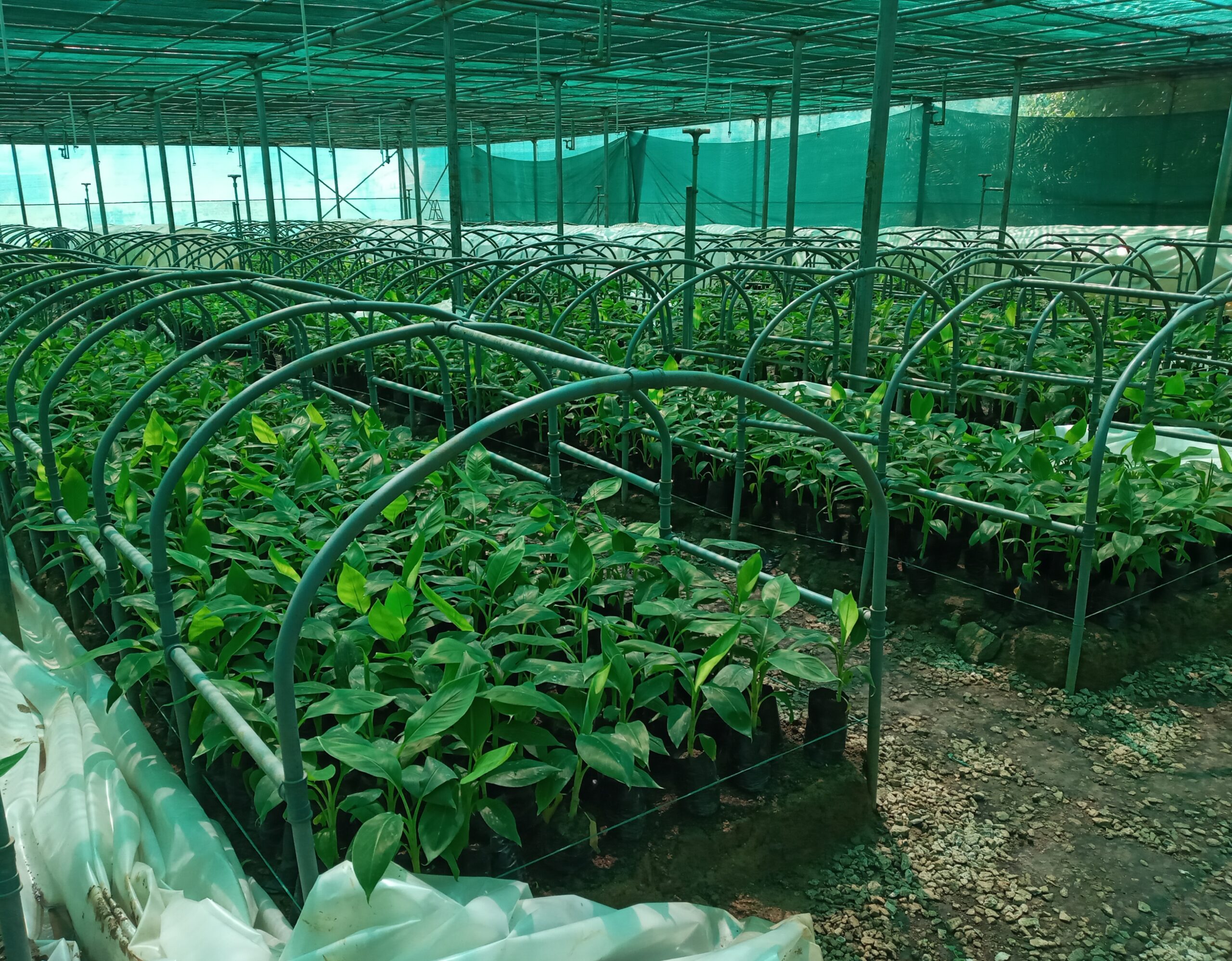
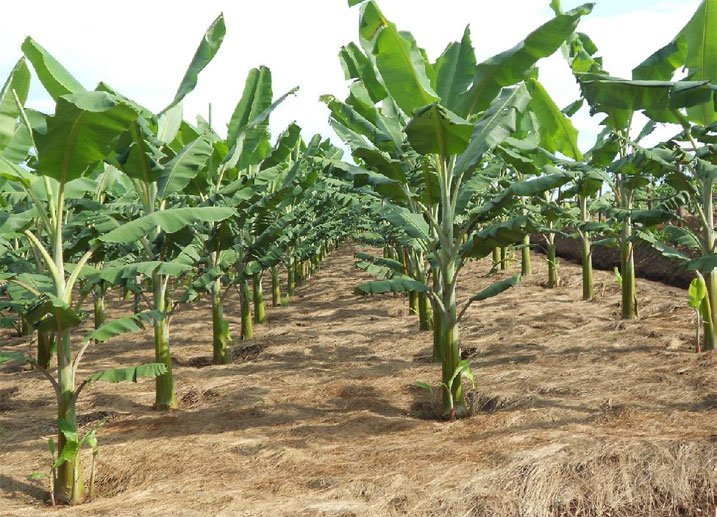
-
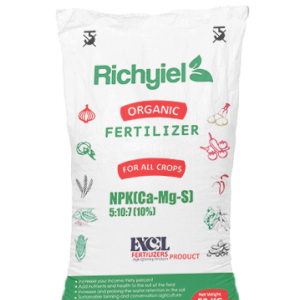 Richyiel Organic Fertilizer (NPK)₦19000 ₦19000
Richyiel Organic Fertilizer (NPK)₦19000 ₦19000 -
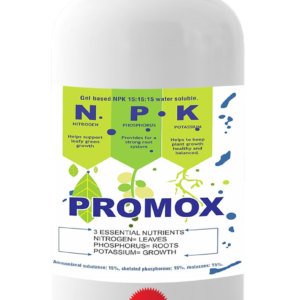 NPK Promox Liquid Organic Fertilizer (NPK 15:15:15 + )₦3000 – ₦8500
NPK Promox Liquid Organic Fertilizer (NPK 15:15:15 + )₦3000 – ₦8500 -
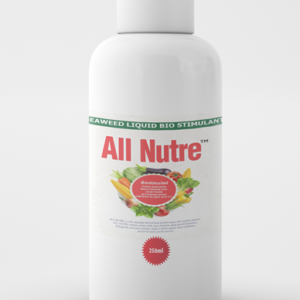 All Nutre Seaweed Liquid Organic-based Fertilizer and Bio stimulant₦2690 – ₦7500
All Nutre Seaweed Liquid Organic-based Fertilizer and Bio stimulant₦2690 – ₦7500
